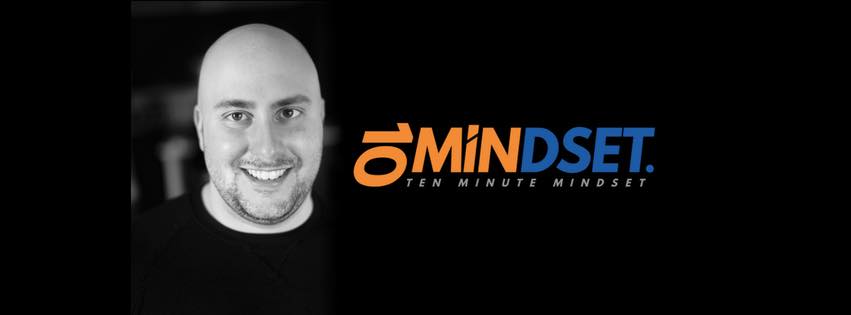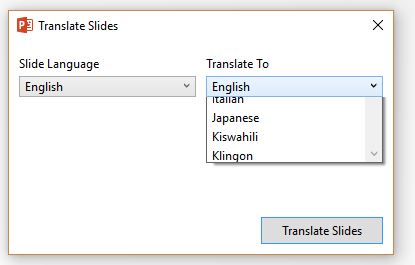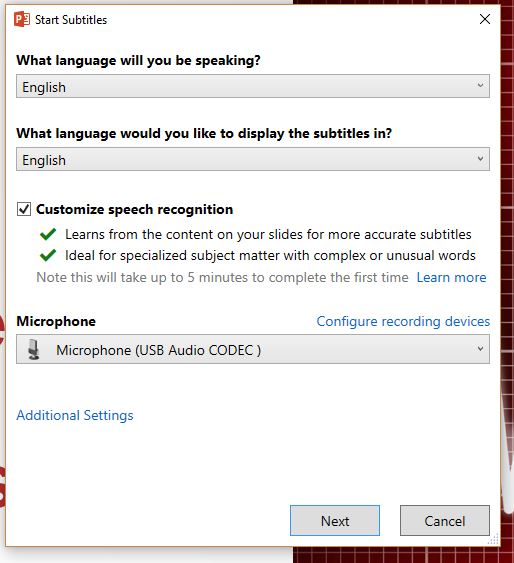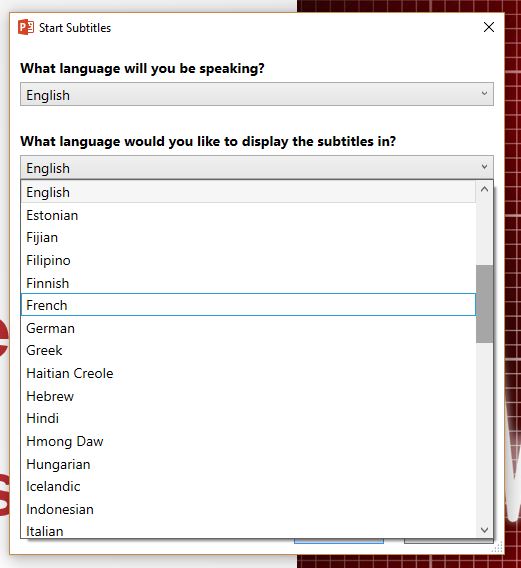Podcasts
Let's talk about 3 podcasts in this podcast. After all, the reason, we're podcasters is we like talking about our passions.
I mentioned in the previous episode of this show that Microsoft has new technology to create live subtitles as a presenter speaks. I talked about it much more extensively in episode 65 of 2-Minute Talk Tips. You can learn more here.
I used the tool to create a transcript of this episode. It's not perfect, but if you'd rather read than listen, click here.
I joined Cam Compton on the Hand In Hand show on the Strokefocus network. You can listen to that episode here. You can also explore Strokefocus.net in more detail here.
Cam and I talked about our stories, the importance of support groups, keys to recovery, mindset, and exercise.
I also appeared on Lyn Henderson's Inside Knowledge podcast. Lyn's show is all about resilience. Based in New Zealand, she interviews folks from around the world to learn how they've overcome challenges to live the lives they want to live.
We talk about the warning signs for stroke, the risk factors we must navigate, and the keys to recovery. You can listen to the episode here or check out Lyn's other guests here.
Eggs and Tea
Medical News today reported on a study in the journal Heart published by the British Cardiovascular Society about a study in China that shows eating one egg a day can reduce the risk of stroke by 12%. If I'm reading the study right, the looked at 461,213 people.
Almost daily egg consumption — or around 5.32 eggs per week — was also linked to a 12 percent lower risk of ischemic heart disease, compared with people who never or rarely ate this food (amounting to approximately 2.03 eggs per week).
"The present study finds that there is an association between moderate level of egg consumption (up to 1 egg/day) and a lower cardiac event rate," the study authors explain.
In the US, eggs are pretty much demonized when it comes to questions about cholesterol and vascular health. Of course, that doesn't stop us from eating the.
It seems to me the key, as in most things is moderation.
In effort to eat more healthfully, I've reduced my egg yolk consumption. I picked up a carton of liquid egg whites, and now instead of cooking 3 or 4 eggs, I'll cook one egg and make up the difference with egg white. I can't really taste the difference so it's a win.
Plus, it's easier to deal with the carton one handed than to crack a bunch of eggs one handed.
I encountered another study this week about the benefits of Green Tea. Cardio Vascular Business reports on a study published in the Journal of Biological Chemistry with the headline,"Green tea component may prevent heart attack, stroke."
That's great news, because green tea is mighty tasty. And green tea Kit Kats are awesome.
But it pays to read a little more deeply.
"Our results show that this intriguing compound might also be effective against the types of plaques which can cause heart attacks and strokes."
The researchers said a normal amount of green tea is unlikely to have a significant effect on heart health.
It's intriguing research, but we are unlikely to get the benefit by simply drinking more tea. Still, it's great to see this; perhaps they will be able to turn this chemical into a thing later on. In the meantime, enjoy your tea.
Strokeaversary
June 3 was my first Strokeaversary. So it's been a weird week. I'm not satisfied with my progress, but I'm further along than I ought to be. I've got plenty more work to do.
I told this story on Facebook. You can read that here.
I've learned a ton over the past year, and I've gotten to meet some great people. I've had a great time with this podcast, and I'd like to think I've been able to help some folks.
And there's still a ton left to do.

Hack of the Week
Keep track of your medical expenses.
- Parking
- Travel to appointments
- Deductibles
- Cobra premiums
- ...and so much more
If you have a lot of unreimbursed medical expenses, keep track of them. They may be tax deductible. Gathering up all this info next year at tax time will be a lot easier if you get started now. This is even more important when it comes to tracking your medical related mileage.
The savings can be substantial.
Where do we go from here?
- Have you had your Strokeaversary? What was your experience like? Tell us in the comments below.
- Have you made a thing? I want to hear about it. Share with us in the comments.
- Check out the Hand In Hand show and the Inside Knowledge podcast
- If your Doctor says it's okay, enjoy your eggs and green tea in moderation.
- Start keeping track of your expenses and mileage now to make tax time easier.
- Share this episode of Strokecast with a friend or neighbor.
- Don't get best...get better.
Here is the latest episode of The Strokecast





 This is a screenshot showing some of the languages you can translate your slides into.[/caption]
This is a screenshot showing some of the languages you can translate your slides into.[/caption] This is the dialog box you see when you start the subtitling mode. Here, you can enable or disable the prescan.[/caption]
This is the dialog box you see when you start the subtitling mode. Here, you can enable or disable the prescan.[/caption] This screen shot of the dialog box shows some of the languages you can display your subtitles in.[/caption]
This screen shot of the dialog box shows some of the languages you can display your subtitles in.[/caption]